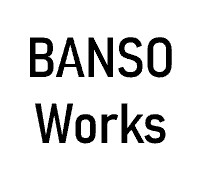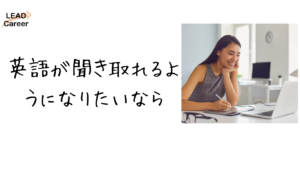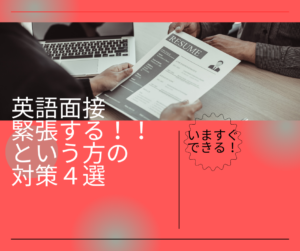Strategy to make your Japanese CV shine

Strategy to make your Japanese CV shine
First of all, there are usually two types of CVs or Resume in Japan. The first is a resume(履歴書 りれきしょ). It's a complete biography, not a tool that can be differentiated. There is a specific format.
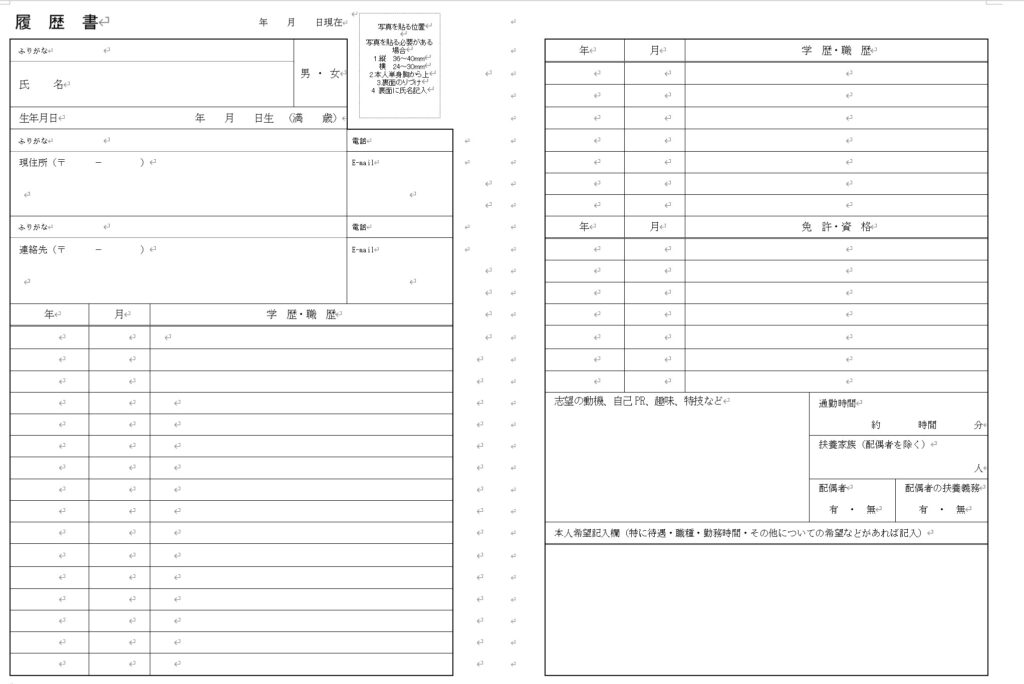
The other is called a work history(職務経歴書 しょくむけいれきしょ), which describes the details of the career and the points of strength. There is no specific format (Free format)
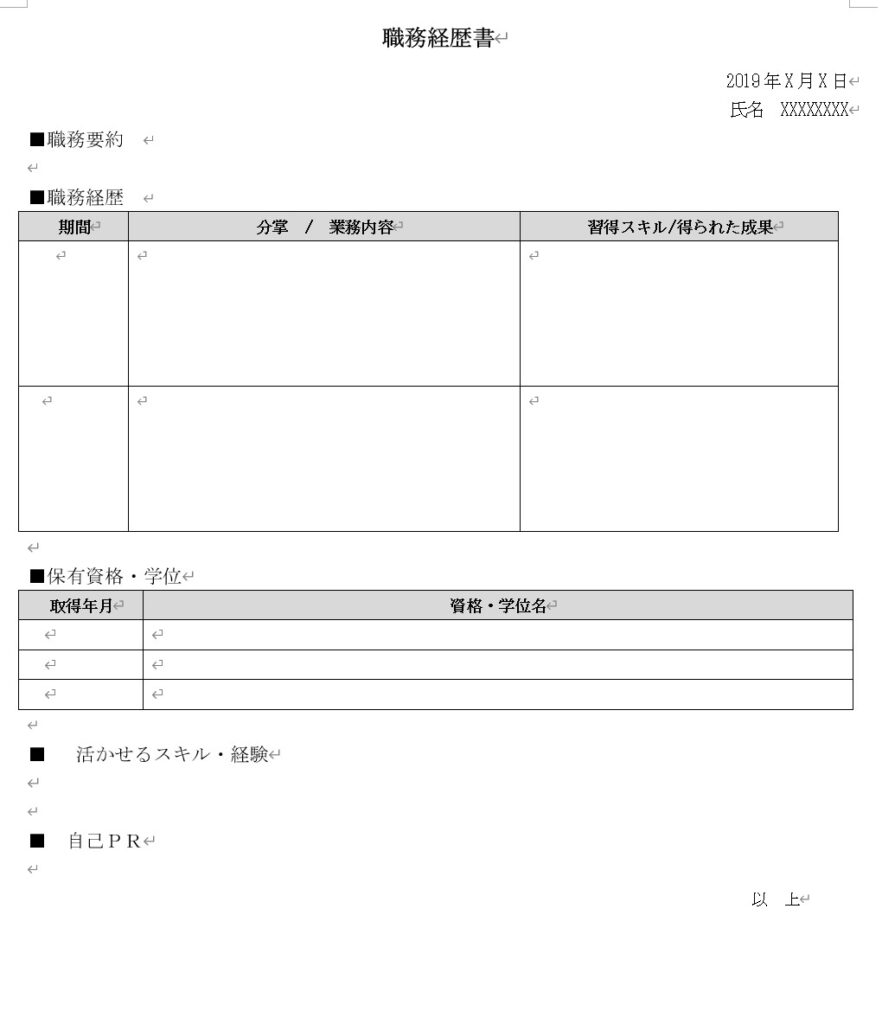
Due to Japan's unique employment practices, the evaluation points are different from those in the United States and Europe.
1: Need to include process, not only performance
What is definitely different from US and EU CVs is that Japanese CVs emphasize not only the results but also the process.
It is true that the results are important, but it is a characteristic of Japanese CVs that their efforts and attitudes toward them are evaluated.
Therefore, it is important to include the final result, but it will be an attractive finish if you incorporate the hard work and ingenuity to reach it.
2: Teamwork
In Japan, there is a culture where teamwork is very important. Therefore, by incorporating team building and teamwork as one of our strengths, it will become an attractive CV. Be sure to include the experience you have achieved as a team and the specific story.
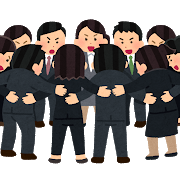
3:Old work experience is also important
In the American and European styles, for example, the background of more than 20 years ago is not paid much attention, but in Japan, applicant are observed from the oldest to new career history. It's not a good idea to write sloppy just because of an old career. Even if you have an old work history, write it without leaking it. That is important.
4:Write a little conservatively
Unlike the United States and Europe, Japan makes humility a virtue.
Too much bragging appeal can be counterproductive. It is important to be careful about this point and express it so as not to be proud of it.

5: Not too professional, a little generalist
Of course, professional ability is very important. However, many Japanese companies expect applicant to become managers rather than specific specialists in the future. The point is that they want you to know a wide range of management knowledge.
Therefore, it would be effective to appeal a slightly wider range of skills and experiences, especially management experience, rather than just one that appeals specialized skills.
6:Qualifications are useful for creating interview topics
Qualifications and licenses are not meant to showcase your expertise. Don't you think you don't have to write qualifications that are not related to this application position?
Let's write it all.
Why?
Rare qualifications and the attitude of acquiring those qualifications may be talked about in interviews. In some cases, the topic gets excited, and lead to communicate well with the interviewer, and then passes the interview.
It works well as a source for facilitating relationships with interviewers.
7:Write your specific experience in the reason for aspiration column
As for the reason for applying, the story of being interested in policies and business strategies is not a wrong story.
However, Japanese prefer more specific experiences and stories.
For example,
" I have such an unforgettable experience with my own products. "
"I talked to the employees and heard a very passionate story"
It is the Japanese people who feel very close to each other when they have a story that touches something specific about your company and impresses them.
8:Too many kanji and hiragana mistakes are fatal.
In Japan, there are still many formal documents created in Japanese.
There are proposal materials for customers and in-house approval materials.
If you make too many kanji, hiragana, or grammatical mistakes, there is a risk to fail.
We recommend that you always have a native Japanese person check .
